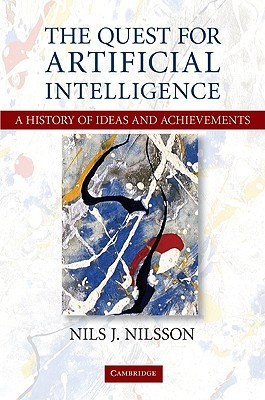What do you think?
Rate this book


580 pages, Paperback
First published October 30, 2009
...Jack was the Director of DARPA from 1987 to 1989 and presided over some cutbacks in AI research (including the cancellation of one of my own research projects)